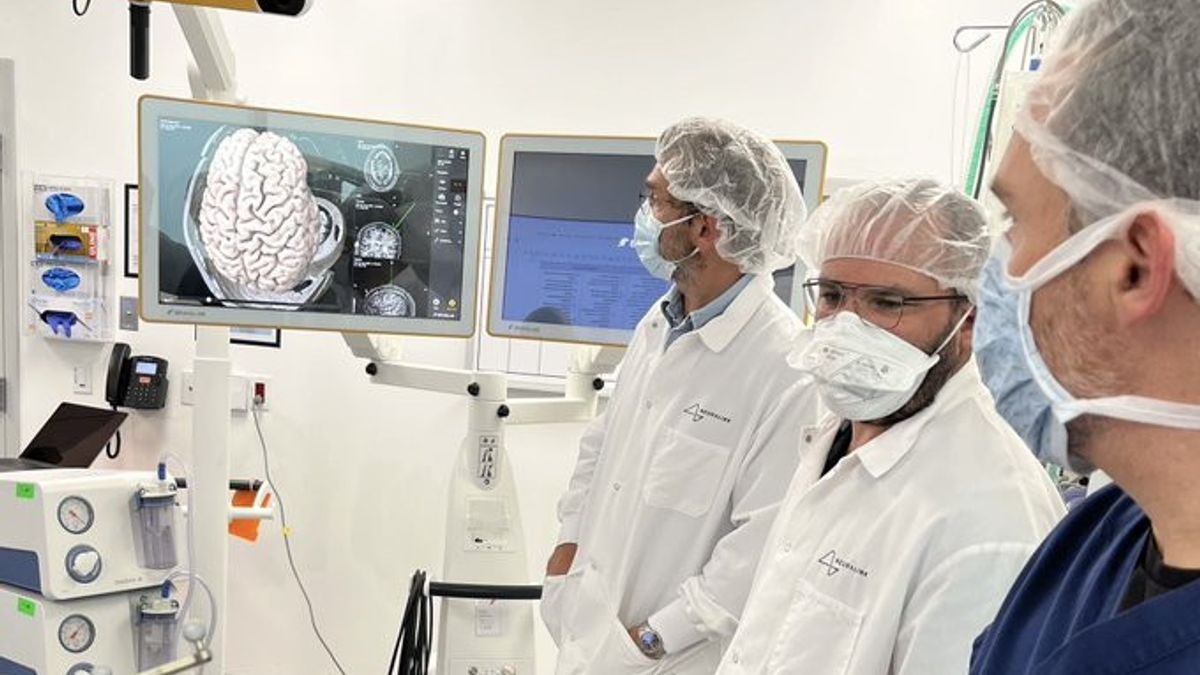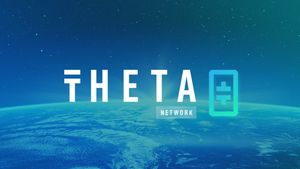JAKARTA - Elon Musk again surprised his fans after announcing that his technology company, Neuralink, managed to implant microchips into the human brain. The richest man in the world called the operation a success, with preliminary results showing promising neuron spike detection.
The microchip, called 'Telepathy', is expected to control mobile phones or computers, even almost all devices, just by thinking. However, Musk's announcement drew negative reactions from most of his 170 million followers on platform X (formerly Twitter), on charges such as'mind control', creating 'cyborgs', and even 'playing God'.
While Musk hopes this technology can help people with disabilities like Stephen Hawking to 'communicate faster than a auctioneer', some users are anxious about the negative potential of this technology. Some even expressed fear of the privacy vulnerability of their minds, given the ability to decode thoughts.
Neuralink aims to implant microchips in the brain of paralyzed people, allowing them to move their bodies with thought. Despite mixed reactions, some users positively welcomed Neuralink's achievements, calling it an important moment in history.
In September, Neuralink announced it would start human trials to evaluate the safety of their implants. This comes less than a year after Neuralink obtained permission for the Food and Drug Administration (FDA) to carry out human operations.
Musk's announcement on platform X on Monday evening January 29, stated that the first patient to receive implants from Neuralink is currently in a good recovery stage. However, details of the patient were not disclosed in detail.
SEE ALSO:
Elon Musk previously stated that ideally, Neuralink human trial participants were adults under the age of 40 who lost the function of their four limbs. The implantation process is carried out by a surgeon with the help of a robot, with the aim of proving that the device can collect useful data from the part of the brain that controls the hands, wrists, and arms.
Although Elon Musk and Neuralink face criticism and controversy over ethics and security, their big ambition is to facilitate the fast installation of chips to treat a variety of conditions such as obesity, autism, depression, andferodicity. Even so, experts still suggest that these brain implants require extensive testing to address technical and ethical challenges in order to be widely available.
Neuralink, founded in 2016, has several times exceeded its forecasts regarding its technological development speed. Although initially planning to start installing chips in humans by 2020, Neuralink finally managed to do so in 2024. However, there is also a warning from the company's executive regarding the pressure given by Musk to achieve positive results.
The English, Chinese, Japanese, Arabic, and French versions are automatically generated by the AI. So there may still be inaccuracies in translating, please always see Indonesian as our main language. (system supported by DigitalSiber.id)

















